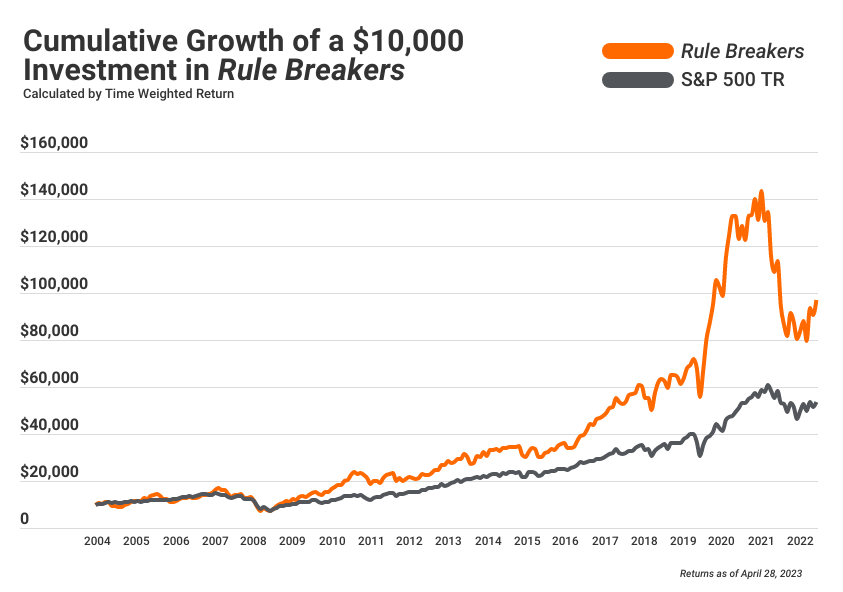Best Company to Invest Your Money Guidelines for Evaluating Stocks and Financial Strength, investing in the stock market can be a lucrative endeavor, but it comes with its fair share of risks. One of the keys to successful stock market investing is choosing the right companies to invest in. In this comprehensive guide, we’ll explore guidelines for evaluating stocks for investment, delve into financial strength assessment in companies, and provide you with best company to invest money guidelines along with valuable stock market investment tips.

Table of Contents
The Importance of Company Evaluation
Before delving into the guidelines for evaluating stocks, it’s crucial to understand why assessing a company’s financial strength matters. When you invest in a company’s stock, you become a shareholder, which means you have a stake in the company’s success or failure. Here’s why evaluating a company’s financial strength is essential:
- Risk Mitigation: Assessing financial strength helps you identify companies that are less likely to face financial difficulties, reducing your investment risk.
- Profit Potential: Strong companies are more likely to generate profits, potentially leading to higher stock prices and dividend payouts.
- Long-Term Growth: Investing in financially sound companies can result in long-term capital appreciation, creating wealth over time.
Guidelines for Evaluating Stocks for Investment
1. Financial Statements Analysis
Balance Sheet Examination
Review the company’s balance sheet to assess its assets, liabilities, and shareholders’ equity. Look for a healthy balance between assets and liabilities.
Income Statement Analysis
Examine the income statement to gauge the company’s revenue, expenses, and profitability. Check for consistent revenue growth and healthy profit margins.
Cash Flow Assessment
Evaluate the company’s cash flow statement to understand its cash generation and liquidity. Positive operating cash flow is a positive sign.

2. Debt Levels
Debt-to-Equity Ratio
Calculate the debt-to-equity ratio to measure the company’s leverage. A lower ratio indicates lower financial risk.
3. Profitability Metrics
Return on Equity (ROE)
ROE measures the company’s profitability in relation to shareholders’ equity. A higher ROE indicates efficient use of equity.
Earnings Per Share (EPS)
EPS reflects the company’s profitability on a per-share basis. Look for consistent or growing EPS.
4. Dividend History
Dividend Payments
If you’re interested in income investing, review the company’s dividend history. Consistent or growing dividend payments are favorable.
5. Market Position and Competition
Market Share
Assess the company’s market share and its competitive position within the industry. A leading market position can indicate strength.

Competitive Advantages
Identify any competitive advantages the company holds, such as patented technology or strong brand recognition.
Financial Strength Assessment in Companies
1. Credit Ratings
Credit Rating Agencies
Consult credit rating agencies like Moody’s or Standard & Poor’s for credit ratings of the company. Higher ratings indicate lower credit risk.
2. Debt Management
Debt Repayment History
Analyze the company’s history of repaying debt. Consistent debt repayment is a positive sign.
Interest Coverage Ratio
Evaluate the company’s ability to cover interest expenses with its earnings. A higher ratio is favorable.
Best Company to Invest Money Guidelines
1. Diversification
Portfolio Diversification
Spread your investments across different companies and industries to reduce risk.
2. Long-Term Focus
Patience
Invest with a long-term perspective. Short-term market fluctuations should not deter your investment strategy.
3. Risk Tolerance
Assess Your Risk Tolerance
Understand your risk tolerance and invest accordingly. Avoid investments that keep you up at night.
4. Professional Advice
Seek Professional Guidance
Consider consulting a financial advisor or investment professional for personalized advice.
Stock Market Investment Tips
1. Stay Informed
Market Research
Stay informed about market trends, news, and economic indicators that can impact stock prices.
2. Avoid Emotional Decisions
Emotionless Investing
Avoid making investment decisions based on fear or greed. Stick to your strategy.
3. Regular Review
Portfolio Review
Regularly review your investment portfolio and make adjustments as needed.
4. Leverage Technology
Utilize Investment Tools
Take advantage of investment tools and technology to access real-time data and analysis.
Conclusion: Best Company to Invest Your Money Guidelines for Evaluating Stocks and Financial Strength
In conclusion, choosing the best company to invest your money requires diligent evaluation of stocks and an understanding of financial strength assessment in companies. By following the best company to invest money guidelines and stock market investment tips, you can make informed investment decisions that align with your financial goals and risk tolerance. Remember that investing in the stock market carries risks, and it’s essential to conduct thorough research and seek professional advice when necessary. With a well-informed approach, you can increase your chances of achieving long-term investment success.





More Stories
The Secrets of 7 Content Marketing for B2B Companies
Unlocking the Secrets of 9 Social Media Advertising ROI
Mastering the Art of Email Marketing Conversion: 11 Expert Tips